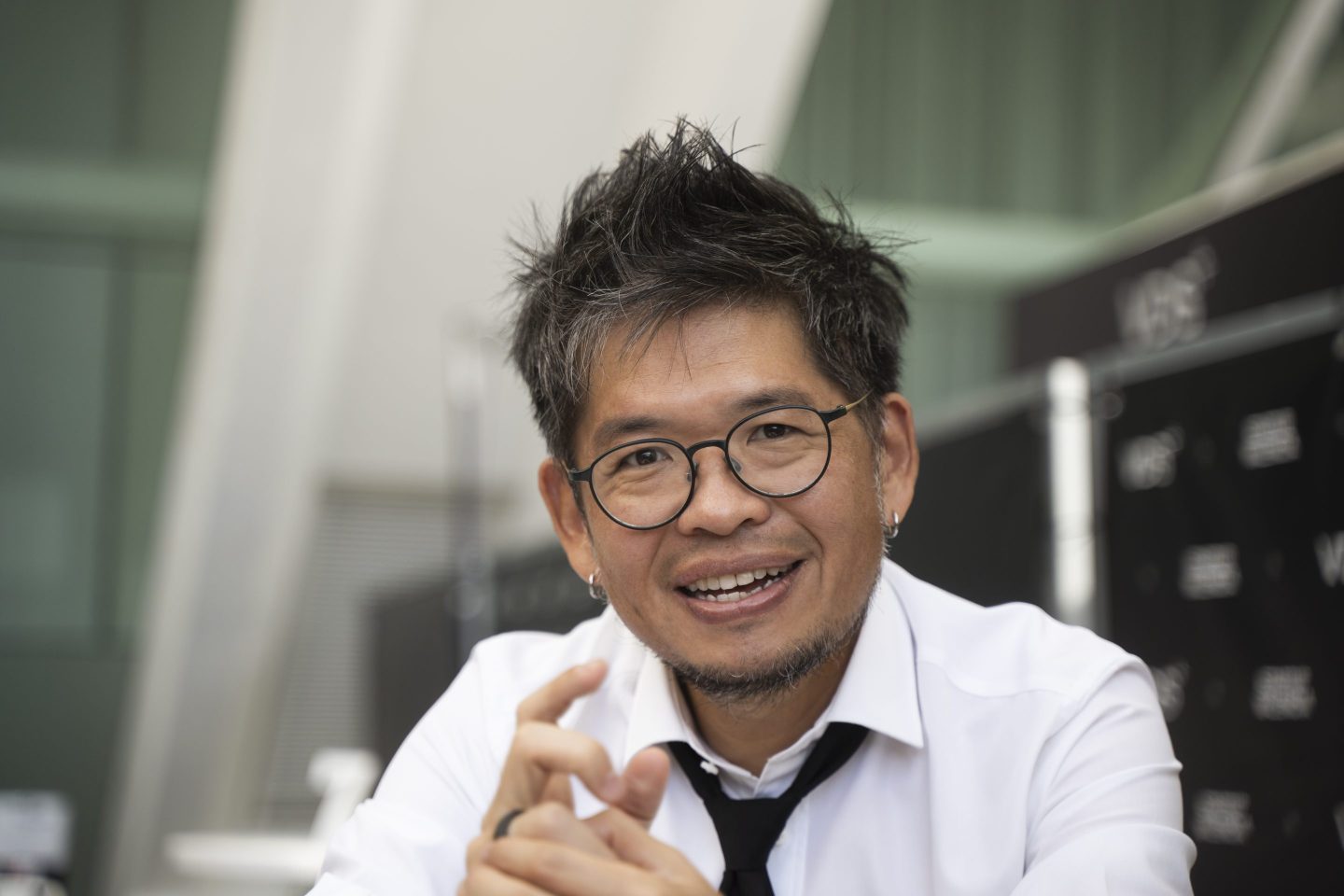It was a trade dispute that could have derailed Volkswagen Group’s best laid plans to unseat Tesla as the world’s dominant electric-vehicle manufacturer, and it went down to the wire. Over the weekend, South Korea’s cell supplier SK Innovation struck a compromise over a patent infringement lawsuit filed by its domestic competitor, LG Chem. The deal ended a long-running dispute, putting the German carmaker back on track to ramp up production in the U.S.
If left unresolved, a U.S.-government imposed import ban levied against SKI could have posed a “catastrophic” disruption to the German automaker’s U.S. electric-vehicle operations. Production at Ford Motor would also have been affected.
“With the intellectual property issues between the two companies now settled, our complete focus now shifts to where it should be: the start of U.S. production of the all-electric ID.4 SUV in 2022,” Volkswagen’s U.S. operations chief, Scott Keogh, said in a statement on Sunday.
Volkswagen picked SKI in November 2018 to provide battery cells to its U.S. plant in Chattanooga, where assembly of the battery-powered Volkswagen ID.4 is scheduled to start next year. The model is expected to lead the group’s push into Tesla’s traditional U.S. market, competing against the Model Y in the high-volume compact crossover segment.
Volkswagen relies solely on SKI for its North American operations, unlike in Europe, where it has LG Chem, SKI, and rival Korean cell manufacturer Samsung SDI to cover its local cell needs.
In a bid to eclipse Tesla, Volkswagen is plowing 35 billion euros worth of investment into its battery electric-vehicle program through the end of 2025. Altogether it plans to produce a cumulative 26 million BEVs in the course of the decade.
The sprawling group, which includes Audi and Porsche, expects its core VW brand alone to contribute annual sales of 1.5 million battery electric vehicles come 2025, with the ID.4 accounting for roughly a third of the total.
Ford relies on SKI to supply cells for a battery-powered version of its F-150 truck, traditionally the U.S. market’s bestselling light vehicle. The zero-emission pickup was a core element of its $11.5 billion investment in EVs that Ford has pledged through 2022.
“We are pleased that SK Innovation and LG Energy Solution have settled their differences,” Ford said in a statement on Sunday.
Ford previously warned the company spent “significant resources and man-hours” on testing and validating SKI’s cells and integrating them into the production process.
A person familiar with the developments told Fortune that swapping out one supplier for another would come at considerable effort and cost.
LG Chem and SKI had been locked in the bitter trade dispute since April 2019. In February this year, the U.S. International Trade Commission (USITC) finally ruled in LG Chem’s favor, deciding SKI had developed components using trade secrets stolen from its rival.
The USITC issued a 10-year ban on imports of the contraband parts to SKI’s new Georgia plant, but extended temporary provisions for both VW and Ford that foresaw grace periods to permit production while alternative suppliers were found.
The ruling was subject to a 60-day review, and SKI had threatened to stop completion of the $2.6 billion facility in Commerce, Ga., unless President Joe Biden reversed the decision.
With the deadline due to elapse over the weekend, Georgia Sen. Raphael Warnock praised the two rivals for hashing out a compromise, which involved 2 trillion won payment ($1.8 billion) and ongoing royalties for LG Chem.
“I’m glad that all the parties involved listened and that the community of Commerce got the decision they hoped for, which will help keep the local economy moving forward,” Warnock posted in a statement on Twitter.
Clarification, April 12, 2021: This article has been updated to clarify the companies involved in the trade dispute in opening paragraph.












